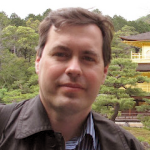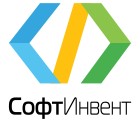Talks
 Liberal Arts in a Digitally Transformed World: Revisiting a Case of Software Development Education
Liberal Arts in a Digitally Transformed World: Revisiting a Case of Software Development Education
October 20, 15:25
Room I
The paper continues a discourse on methods and organization of software development teaching and learning process through the perspective of considering computer science disciplines within the context of liberal arts. We examine the methodology gap in software development education, and argue that more collaborative activities should be introduced into teaching process, thus enabling students to have more opportunities for public display of their works. Instead of a common non-creative lecture/lab organization, we introduce a workflow of connected activities transforming a study process to active learning where both sides (instructors and students) actively interact and cooperate. We make an effort to revisit the question, how teaching forms and practices existing in humanities can be applied to a case of computer science education. With an example of programming courses taught at the University of Aizu to international students, we argue that any live activities (such as lectures in a lab, hands-on, testing and review sessions) are of extreme importance for involving students into a creative process. This approach aims at transforming one-way information transmission between a teacher and a student to their communication and therefore, to better understanding of each other’s perspectives.
Evgeny Pyshkin

Senior Associate Professor, University of Aizu
Evgeny Pyshkin teaches university undergraduate and graduate school software courses since 1992. He received his Ph.D. in Computer Science from St. Petersburg Polytechnic University in 2000. Currently he is a senior associate professor in the University of Aizu (Japan). His current academic interests are in advancing approaches to software development education. His research interests are in the domains of human-centric applications and software engineering.


























